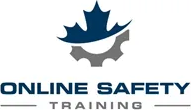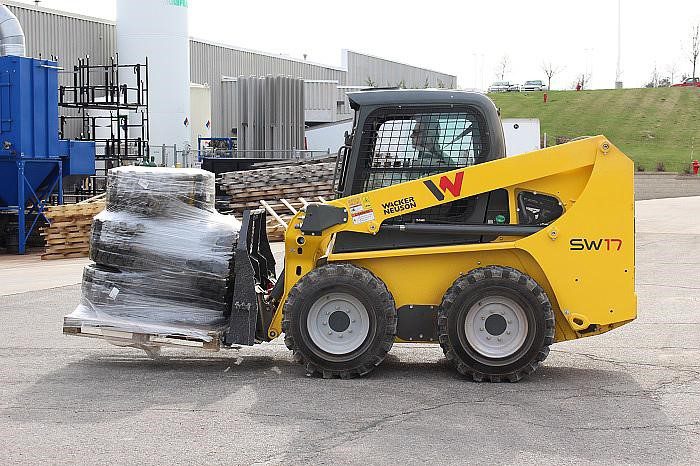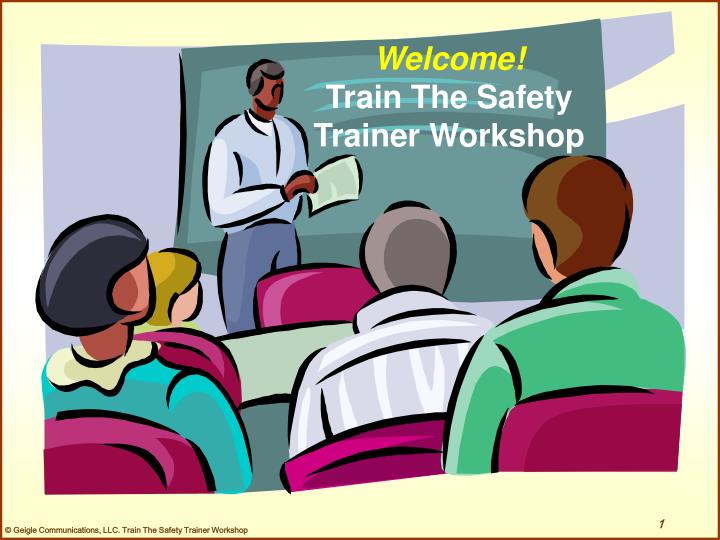Posts by Online Safety Training
Skid Steer Operators on Canadian Construction Sites
Essential Knowledge for Skid Steer Operators on Canadian Construction Sites Skid steer loaders, versatile and compact construction machines, play a crucial role in various tasks on Canadian construction sites. Whether it’s excavation, material handling, or site cleanup, skilled operators are essential for safe and efficient operations. However, the role of a skid steer operator extends…
Read MoreOnline Safety Training Across Canada
Evolving Safety Training: The Shift from Traditional to Online Safety Training Across Canada: Safety training is a fundamental aspect of workplace culture, ensuring the well-being of employees and compliance with regulatory standards. Traditionally, safety training has been delivered through in-person sessions, workshops, and seminars. However, advancements in technology and changes in work dynamics have led…
Read MoreTrain the Trainer Programs for Employee Development
Empowering Growth: The Transformative Impact of Train the Trainer Programs for Employee Development: Employee development is a cornerstone of organizational success, driving productivity, innovation, and employee engagement. Train the Trainer (TTT) programs offer a powerful means of fostering employee growth by equipping individuals with the skills, knowledge, and confidence to train and mentor their colleagues.…
Read MoreBest Practices for Operating Scissor Lifts with Fall Protection
Ensuring Worker Safety: Best Practices for Operating Scissor Lifts with Fall Protection in the Workplace Scissor lifts are indispensable tools in various industries, providing elevated access for maintenance, construction, and other tasks. However, working at height presents inherent risks, making fall protection essential for safeguarding the well-being of workers. Employers must prioritize safety by implementing…
Read MoreStrategic Planning for Pipeline Construction Safety Training (PCST) in Canada
Strategic Planning for Pipeline Construction Safety Training (PCST) in Canada: Pipeline construction is a complex and inherently hazardous endeavor, requiring meticulous planning, rigorous safety protocols, and comprehensive training to mitigate risks and ensure the well-being of workers, communities, and the environment. In Canada, where the oil and gas industry plays a significant role in the…
Read MoreOnline Safety Training for Post-Secondary Students
Enhancing Workforce Readiness: The Role of Online Safety Training for Post-Secondary Students in Canada: As post-secondary education increasingly emphasizes the development of practical skills and industry-specific knowledge, the integration of online safety training has emerged as a valuable component in preparing students for the workforce in Canada. Online safety training offers students the opportunity to…
Read MoreWHMIS/GHS Training
WHMIS/GHS Training: A Comprehensive history and its impact to Canadian Employers and Employees: Workplace Hazardous Materials Information System (WHMIS) and the Globally Harmonized System of Classification and Labelling of Chemicals (GHS) are integral components of Canada’s occupational health and safety framework. Mandated by regulatory authorities, WHMIS/GHS training ensures that Canadian employers provide essential information and…
Read MoreTips for Remote Workers to Avoid Bear Encounters
Safely Navigating Canada’s Wild: Tips for Remote Workers to Avoid Bear Encounters As remote work becomes increasingly prevalent, many Canadians find themselves working in remote or rural areas where encounters with wildlife, particularly bears, are a real possibility. While bears are an iconic part of Canada’s wilderness, they can pose significant risks to remote workers…
Read MoreATV and UTV Safety Training
ATV and UTV Safety Training: How Employers Can Support Their Employees in Canada All-terrain vehicles (ATVs) and utility task vehicles (UTVs) play crucial roles in various industries across Canada, from agriculture and forestry to mining and recreational activities. However, operating these vehicles comes with inherent risks, and ensuring the safety of employees who use ATVs…
Read MoreHR Challenges in Offering Workplace Safety Training in Canada
HR Challenges in Offering Workplace Safety Training in Canada: In Canadian workplaces, ensuring the safety and well-being of employees is a top priority for employers. Workplace safety training plays a critical role in equipping employees with the knowledge, skills, and resources to prevent accidents, injuries, and hazards in the workplace. However, offering effective safety training…
Read MoreHarassment, Bullying, and Violence in Canadian Workplaces
Upholding Workplace Safety: The Imperative for Employers to Combat Harassment, Bullying, and Violence in Canadian Workplaces In Canadian workplaces, ensuring the safety and well-being of employees is not only a moral imperative but also a legal obligation for employers. Harassment Bullying and Violence in Canadian Workplaces can have profound negative impacts on individuals’ mental…
Read MoreNew Drivers Should Consider Defensive Driving Courses
New Drivers Should Consider Defensive Driving Courses in Canada For new drivers embarking on their journey behind the wheel in Canada, the road can present numerous challenges and potential hazards. To navigate safely through varying road conditions and unpredictable situations, many experts advocate for the importance of defensive driving courses. These courses provide valuable skills,…
Read More











